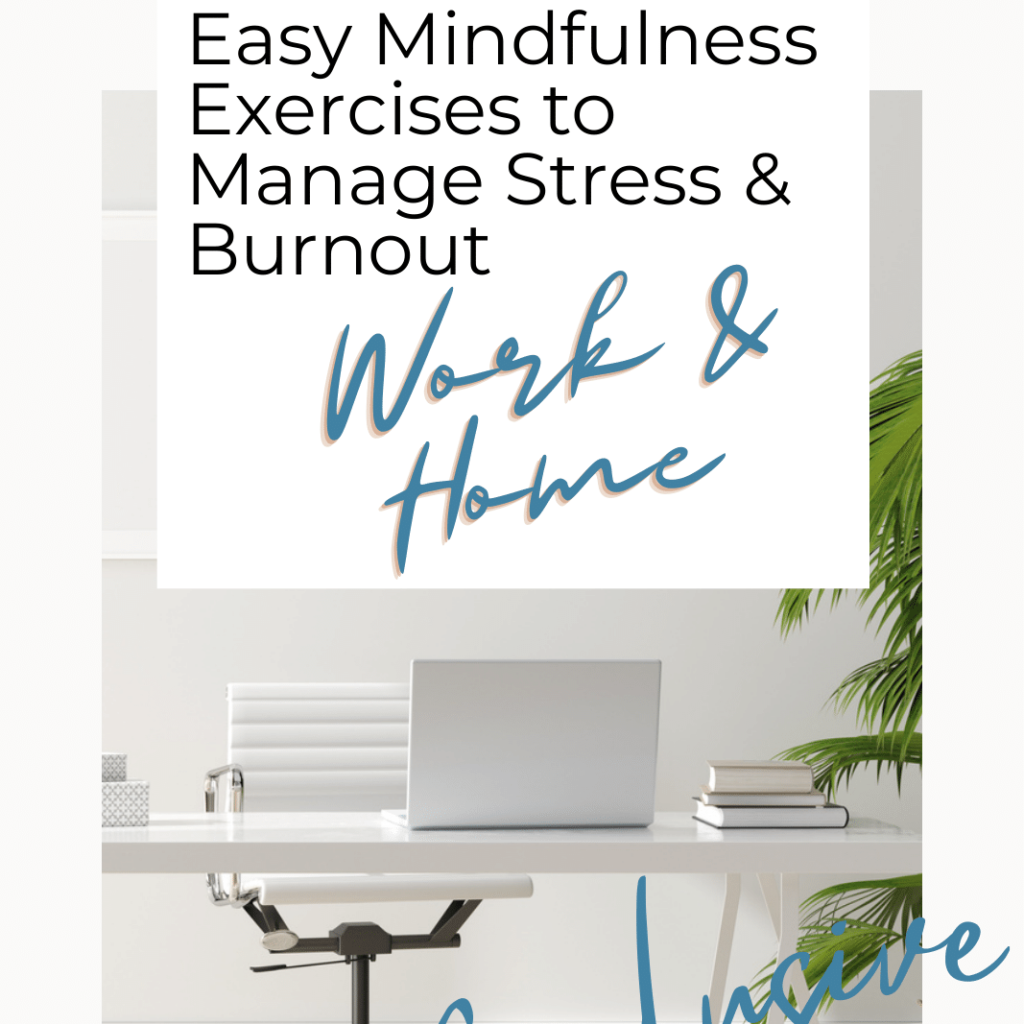In today’s fast-paced world, where demands seem endless and stress levels run high, prioritizing our well-being becomes paramount. Whether you’re a busy professional feeling the weight of burnout or a multitasking woman struggling to maintain balance amidst life’s chaos, one key practice stands out as a lever of empowerment: setting healthy boundaries.
Prism Pulse Check
Before we continue, let’s first consider a few scenarios to help you gauge where you are with effective boundaries. With each scenario think about how these relate or not to you. These are just a starting point for awareness and should not be used for diagnoses.
- You’re someone who feels they are constantly rescuing or enabling loved ones, even at your own risk and expense.
- After spending time with certain people, you typically feel emotionally drained or exhausted.
- You have trouble expressing your needs and feelings openly with loved ones.
- You’re unable to unplug from work. For example, you find yourself checking work emails or taking calls outside of work hours, even while on PTO.
- You have a full workload but you feel uncomfortable saying no to taking on additional work from peers.
Understanding Boundaries: Your Shield of Self-Care
At its core, boundaries serve as the guardrails of our emotional, mental, and physical health. They define the limits within which we allow others to interact with us and dictate how we navigate the world around us. Yet, despite their importance, many people find themselves unsure of where to start or how to communicate their boundaries effectively with others.
Tips for Assertive Communication
Confidence with Respect: When communicating boundaries, strike a balance between assertiveness and respect*. Be clear and concise in expressing your limits while maintaining a respectful tone*. Remember, effective communication is about finding harmony, not conflict.
*A quick, but necessary sidebar: “Respect” and “tone” are terms that sometimes get misused. These terms should not be used as a method for silencing or minimizing others’ voices. Respect does not mean blind agreement or obligation and a respectful tone does not mean being emotionless. In future blog posts, we’ll dive more into this.
Consistency is Key: Once set, stand firm on your boundaries. Consistency reinforces the message you’re sending and establishes trust in your self-care practices. Additionally, it’s important to be flexible to unexpected life changes and experiences and adjust your boundaries accordingly.
The Power of ‘No’: Embrace the liberating force of ‘no.’ It’s okay to decline requests that don’t align with your priorities or values. Remember, ‘no’ is a complete sentence – you owe no one an exhaustive explanation for honoring your boundaries. If being straightforward isn’t your way of communicating, then you can try an indirect approach that still provides the specifics of what you’re (not) able to do.
Exploring the Spectrum of Boundaries
Boundaries aren’t one-size-fits-all; they’re as unique as the individuals who set them. Here’s a glimpse into the diverse forms boundaries can take:
Time and Energy Management: Setting guidelines around how you allocate your time and energy ensures you prioritize activities that nourish your well-being.
Emotional Boundaries: Being intentional about how much influence external factors have on your emotions safeguards your mental health and preserves inner peace.
Communication Boundaries: Choosing what, when, and with whom you share personal information empowers you to cultivate deeper, more meaningful connections while preserving your privacy.
Belief Boundaries: Limiting the impact of others’ opinions on your beliefs allows you to honor your values authentically and with integrity.
Empower Your Journey to Wellness
As you continue on your journey to establish healthy boundaries, remember that self-care isn’t selfish – it’s self-preservation. Embrace the power you hold to shape your experiences and interactions, and let your boundaries serve as guardians of your well-being.
In a world where change is constant and demands are relentless, cultivating healthy boundaries isn’t just an act of self-preservation; it’s an act of self-love and self-respect. So, stand tall, speak your truth, and honor the boundaries that honor you.
Want additional resources to inform your next steps?
- Why Personal Boundaries are Important and How to Set Them – PyschCentral
- 6 Ways to Set Boundaries Without Guilt – Psychology Today


